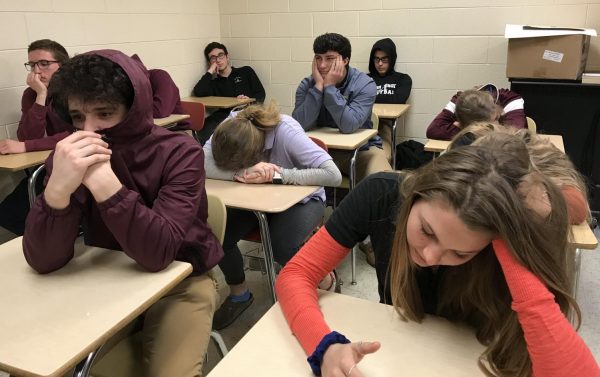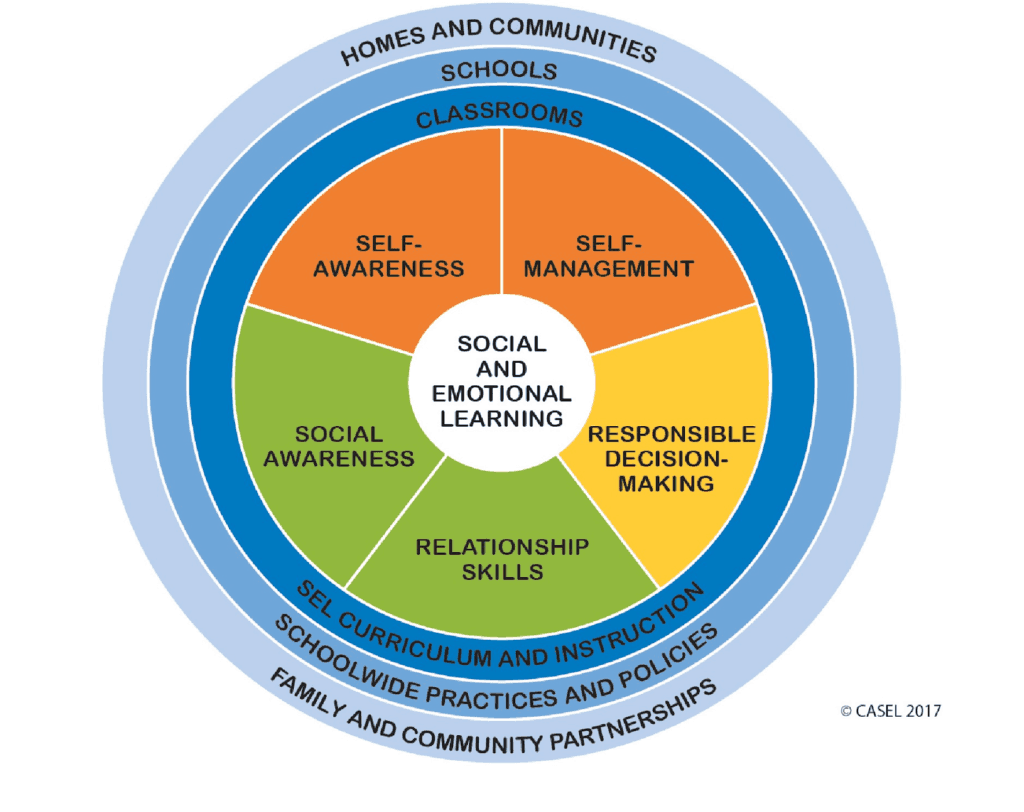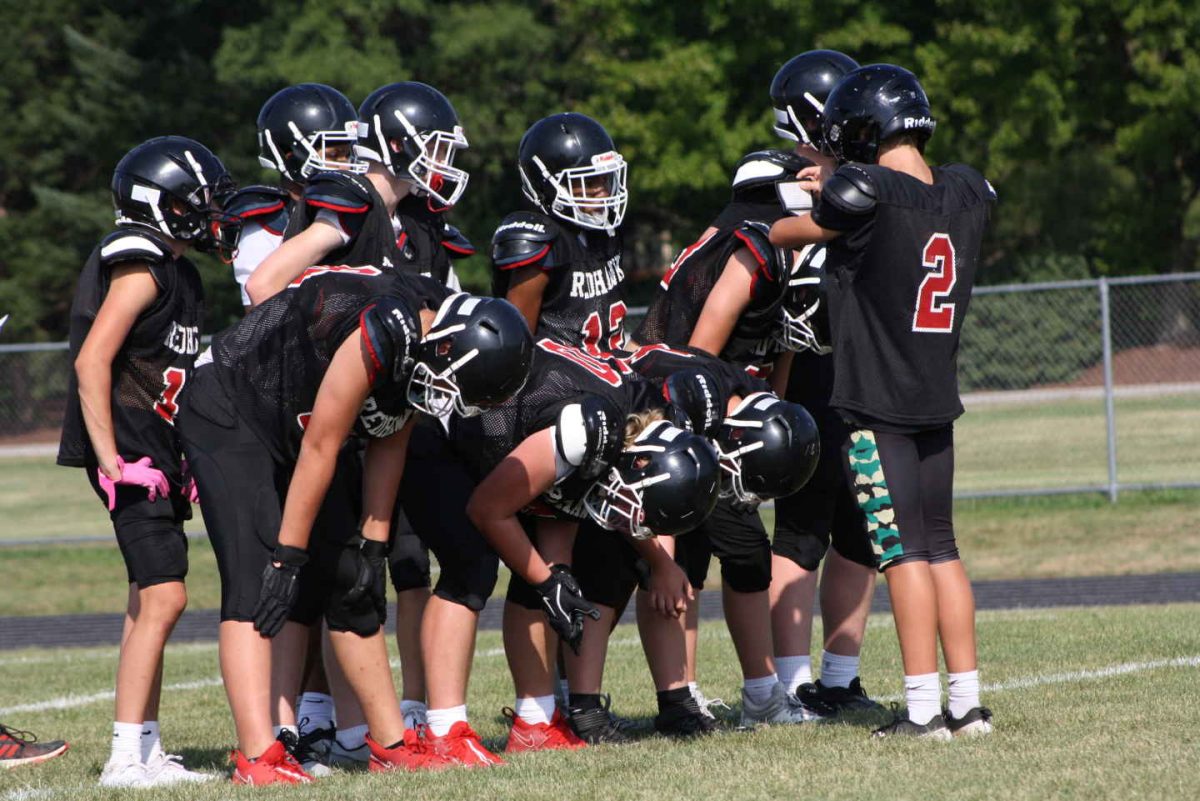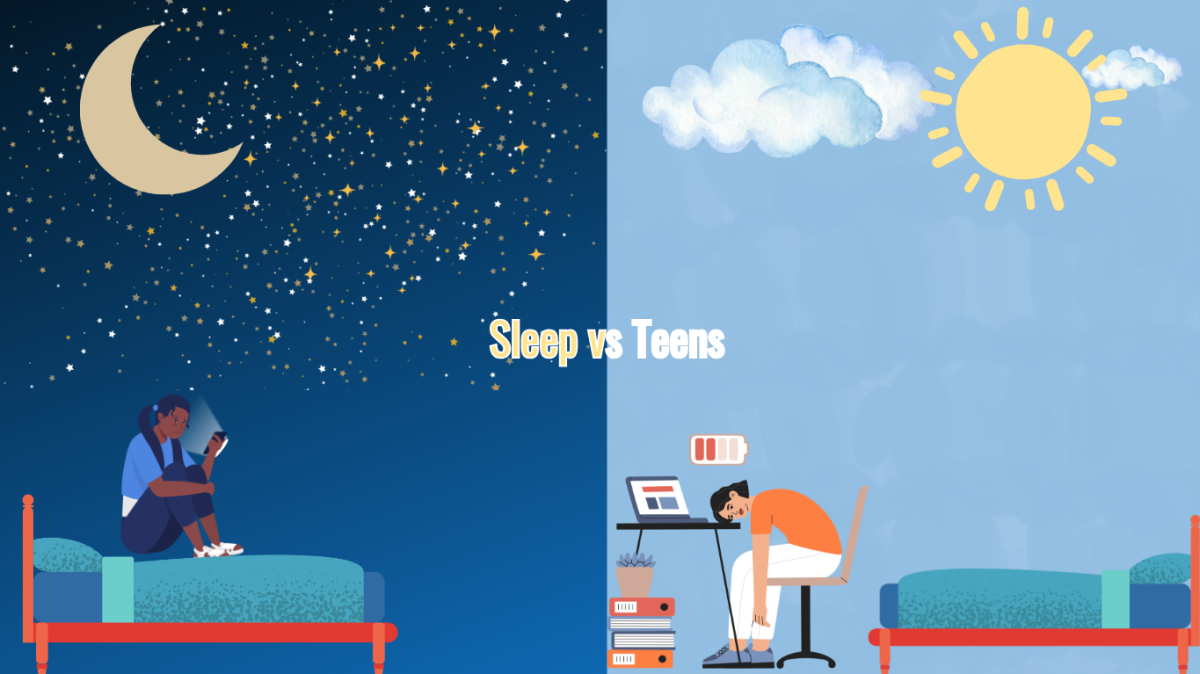The time: 3:57 PM. The silence: deafening. You tap your foot, waiting to get out of this situation, wishing you hadn’t thrown that chair.
Experiences like this are common for a lot of Wredling’s 1,400 students. Detention is one of the most common school punishments there is. Proponents argue it is a just punishment to misbehavior, while critics argue it is outdated and a worse option for discipline. One thing’s for sure, though: detentions are very much overlooked. But taking a step to think about them tells us lots about the future of our school.
Detentions are the third most severe punishment a student can receive, after suspension and expulsion. At Wredling, this is characterized into two main types; in-school detention (e.g. lunch), and after or before-school detention. “[…] lunch detention is the lowest correction form of punishment that teachers and administrators can issue,.” said Mrs. Hickman, an administrator here at Wredling. In-school detention is less severe than other forms of detention as it doesn’t cut into extracurricular activities, which many students look forward to. As you’ll see later, some students actually somewhat tolerate in-school detention as a time to complete work. Detention at Wredling is decided by not only the severity of the offense but also by whether or not “[…] a student isn’t correcting their mistakes.”

Nationwide, the story of the famed punishment starts in 1852, when the Secretary of State of Massachusetts, Horace Mann, proposed a public school system that would be available to all. His idea quickly became popular, and many states sought to follow his idea. However, when the question of punishment arose, many initially wanted to pursue a positive, kind way of disciplining students. When this did not work, schools started to use detention to police students. However, more than a hundred years later, that same idea is coming back. Out of all the students I had interviewed, half had said that detention did more bad than good, with one even calling it “a form of mental torture”. A teacher I had interviewed here at Wredling even said that when she “[…]was in school, students usually sat in detention and did nothing. This obviously did not help in the slightest because there was no reflection except for sitting there and stewing in irritation and boredom.“, but mentioned that “[…] detentions can be helpful if there is a restorative practice involved.” This idea of restoration seems to be popular among most of my interviewees as well. Another student, in 8th grade, said that detentions were “Unfair since they don’t teach students not to do bad things, they tell them to sit there and then will just go back to doing it, plus it wastes their time.”.
The aforementioned Mrs. Hickman mentioned that “The Dean’s office is more interested in supporting students to better outcomes and finding out the “why” of their struggles so that we can problem-solve with the student/family.” It’s clear that reflection can help students more than the traditional sitting in place. But, is reflection a one-size-fits-all solution?
The short answer: no. So far, every student that I have interviewed has never received detention. One student I had interviewed, who had gone to detention, even mentioned that the time away from distractions helped him study and get work done, and he did not view the experience as negative. Another teacher I interviewed also said that when her son got detention, “he was fascinated by the other kids in it and thought it was kind of fun.”
Why is this the case, though? Well, the social and sensory deprivation detentions provide do not have an equal effect on all students. Those who constantly want to talk with others may dislike the experience and not repeat the offense, but for others, it can be a time to relax, study, or recharge.

In conclusion, detention, although at the surface is just any ordinary punishment, tells us so much about the way we think, act, and feel. Whether or not it’s effective will remain a mystery, but hopefully, we remember that it’s the small things in life that have the biggest impact.




























nate • Nov 4, 2024 at 9:44 am
very well written
Elena Kohn • Sep 13, 2024 at 4:32 pm
This is awesome. Well done.
Mr. Loversky • Apr 22, 2024 at 9:53 am
Well written and insightful article!! Even I learned something!
Haileigh Prill • Mar 18, 2024 at 9:15 am
Its crazy what a detention can do for you! What a interesting story
Ms. Malhan • Mar 14, 2024 at 6:34 pm
This article reminded me, Aarush: I owe you a detention for goofing around during tutorial. See you after school tomorrow. Also: Great writing! You can add your personal experience in tomorrow’s detention to the article.
(Disclaimer: This comment is farcical.)
Mrs. Sislow • Mar 12, 2024 at 9:11 am
Very informative and interesting aricle, Aarush!
Mrs. Ryan • Mar 9, 2024 at 12:28 pm
Aarush, this article is very well written. I appreciate the insight you shared from your research and the comments from those you interviewed.
Erin Grunzke • Mar 8, 2024 at 5:14 pm
Very intuitive article on a not often talked about subject – great work!
Ms. Dolan • Mar 8, 2024 at 1:47 pm
I liked reading how detention has changed historically